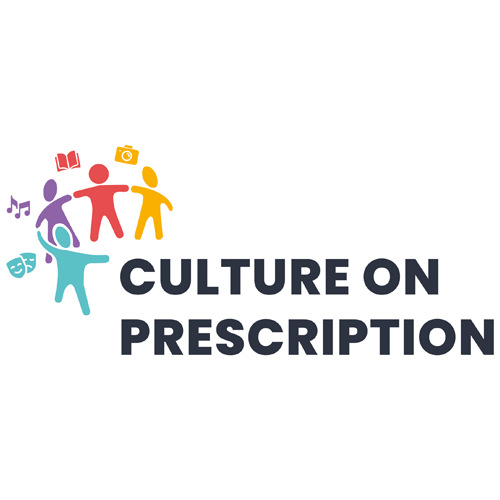Description
Based on European Social Survey (ESS) data, the Joint Research Centre of the European Commission stated in 2019 that more than 75 million European adults meet with family or friends at most once a month, and around 30 million European adults frequently feel lonely. Loneliness is more prevalent in Eastern and Southern Europe than in Western and Northern Europe. Poor health, unfavourable economic circumstances and living alone are all associated with higher rates of loneliness.
Loneliness affects all age groups. The significance of loneliness for individual well-being and social cohesion must not be underestimated. The mortality risk of loneliness is comparable to that of obesity and smoking. Persistent loneliness is further associated with unhealthy behaviour, mental problems and poor cognitive performance. Lonely individuals also report more pessimistic judgements and feel more threatened by life situations compared to their ‘non-lonely’ counterparts. Moreover, in an ever more connected world, lonely and socially isolated people face the potential double penalty of suffering from poorer health conditions and being stigmatised as socially inept.
The Culture on Prescription project plans to rely on these findings but will choose an adapted approach by introducing cultural activities – facilitated by adult education – to reach its objectives. As lonely people are often not easy to address, the project partnership will create local networks with organizations in touch with the target group, primarily from the social and health care sector. A “prescription” will be issued that entitles them to a free educational offer building on their talents and strengths without labelling them as deficient or needy. Further support mechanisms in response to their specific needs will be developed in the course of the project.
The Culture on Prescription project will help give people ownership of their health outcomes and builds on harnessing existing resources in the community so it is also of benefit to service providers. The Culture on Prescription project uses an approach that moves from traditional methods of medicating individuals to giving people a sense of connection and belonging, which can be of enormous benefit to their physical health. It is a system where the focus is on health rather than illness.
The Culture on Prescription project also promotes shared learning. Good health is determined by the context of where one lives, environment, work, and opportunities to engage in their community, so the concept of a social network is essential to people’s health and harnessing existing community resources to improve health outcomes benefit everyone and increase their social capital. Besides addressing the needs of persons suffering from loneliness and other stress-causing factors, we see the need for measures that facilitate their support:
- More knowledge on Social Prescribing concepts is needed in most parts of the European Union as respective approaches are to date mostly implemented in anglophone countries.
- More practical knowledge is needed to create promoting framework conditions for the establishment of Social and Cultural Prescribing schemes.
- Educational concepts and tools are needed that facilitate the introduction of such prescribing schemes in the areas of social and healthcare.


